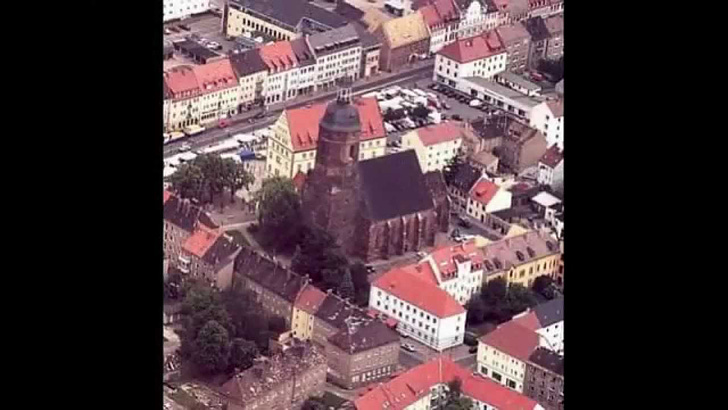The year is 1639, and a long and weary war has come once again to the town gates. It’s not the enemy, either, but your angry and disgruntled allies from across the sea. They are Swedes. Their beloved king, Gustavus Adolphus, died not far away seven years before, at the Battle of Luetzen. Gustavus Adolphus, called “the Father of Modern Warfare,” made…
Keep reading with a 7-day free trial
Subscribe to Word & Song by Anthony Esolen to keep reading this post and get 7 days of free access to the full post archives.



